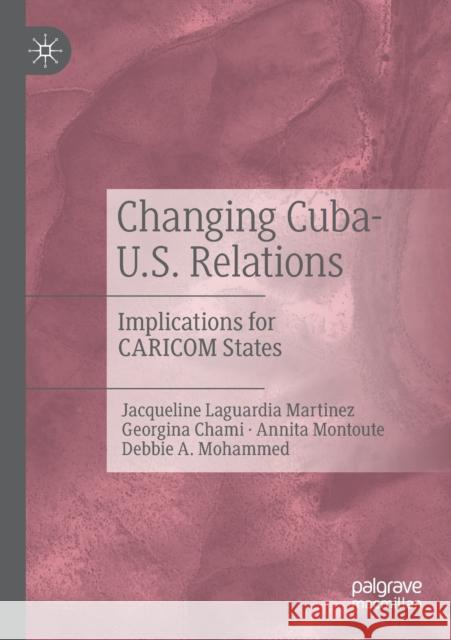Changing Cuba-U.S. Relations: Implications for Caricom States » książka
topmenu
Changing Cuba-U.S. Relations: Implications for Caricom States
ISBN-13: 9783030203689 / Angielski / Miękka / 2020 / 225 str.
Changing Cuba-U.S. Relations: Implications for Caricom States
ISBN-13: 9783030203689 / Angielski / Miękka / 2020 / 225 str.
cena 302,60
(netto: 288,19 VAT: 5%)
Najniższa cena z 30 dni: 289,13
(netto: 288,19 VAT: 5%)
Najniższa cena z 30 dni: 289,13
Termin realizacji zamówienia:
ok. 16-18 dni roboczych.
ok. 16-18 dni roboczych.
Darmowa dostawa!
Kategorie BISAC:
Wydawca:
Palgrave MacMillan
Język:
Angielski
ISBN-13:
9783030203689
Rok wydania:
2020
Wydanie:
2020
Ilość stron:
225
Waga:
0.30 kg
Wymiary:
21.01 x 14.81 x 1.32
Oprawa:
Miękka
Wolumenów:
01
Dodatkowe informacje:
Wydanie ilustrowane











